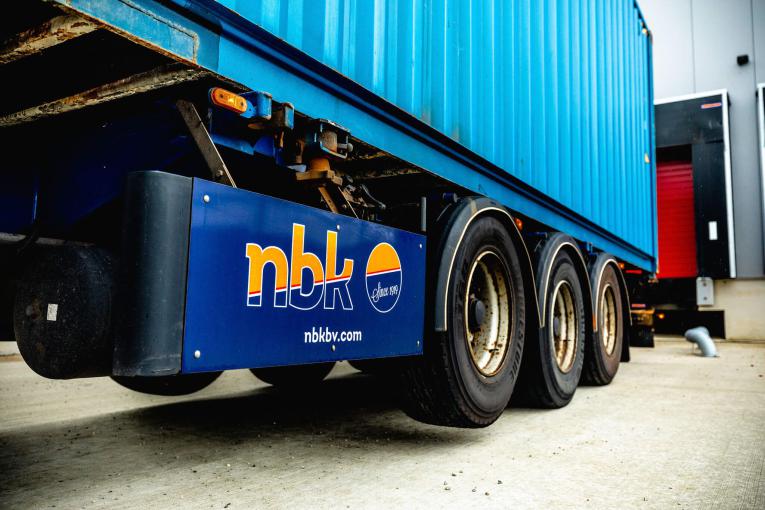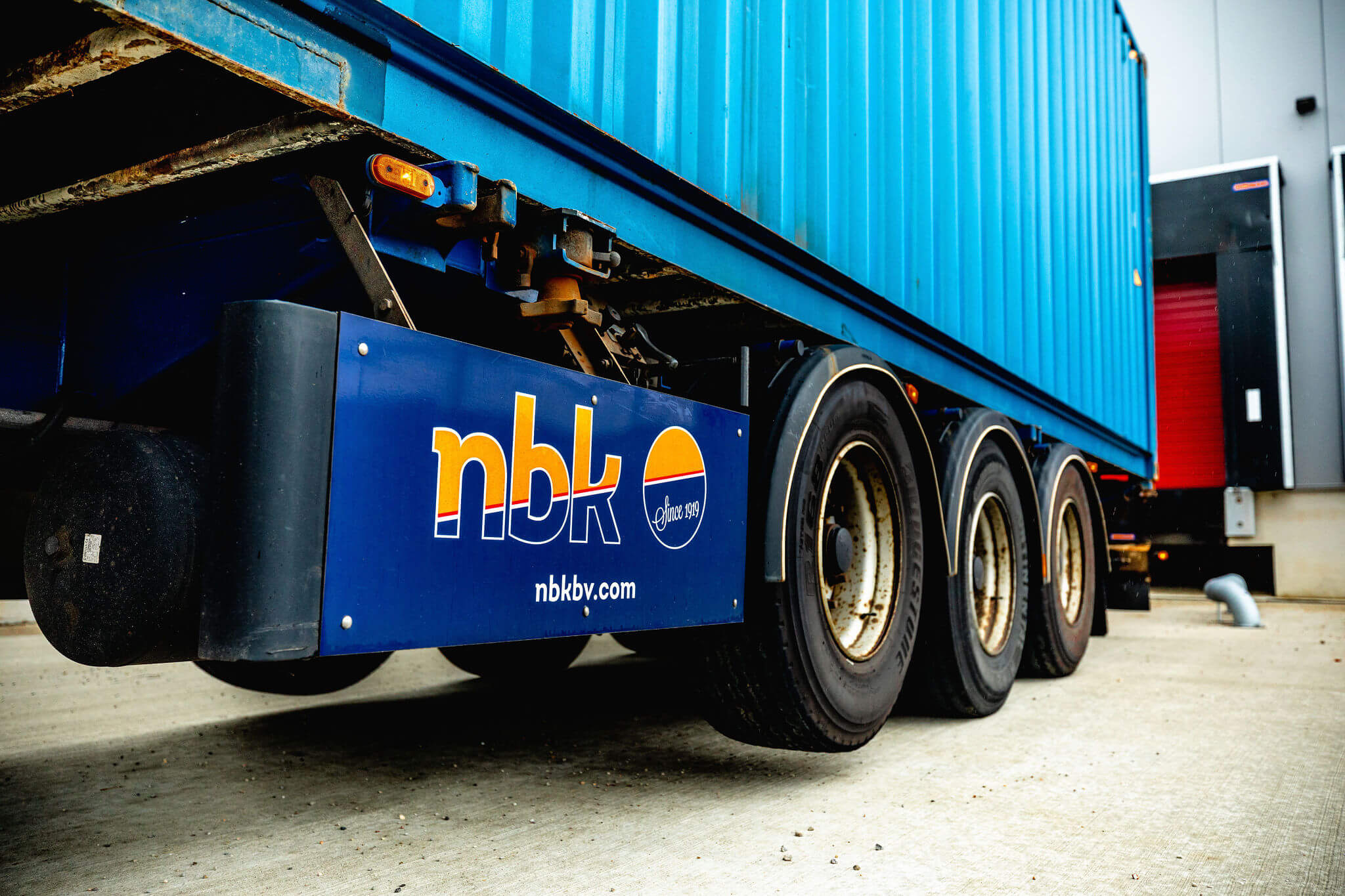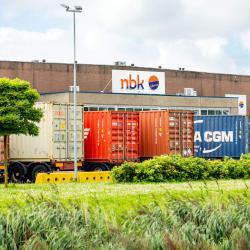.jpg?resolution=765x0)
Transport
ADR Transport.
NBK has many years of experience in the transport of hazardous substances. The hazard classes that we transport are: class 2.1, class 3, class 4.2, class 4.3, class 5.1, class 6.1, class 8 and class 9. NBK also provides transport for packaged bulk goods from the chemical sector, such as: liquids, powder and granules.
ADR regulations
For the transport of ADR goods, the packaging must be taken into account. The regulations on the packaging state the maximum load of the vehicle, about the vehicle itself and about the journey to the destination. NBK ensures that the regulations are applied.
NBK meets all requirements of the chemical sector based on safety, individualized product handling and the delivery of the goods in line with the agreed deadline. The warehouses comply with the latest safety and environmental measures, in accordance with PGS standards.
Safety is a top priority for NBK, which is why employees regularly attend courses and training courses related to hazardous substances and chemicals.

Transport
Container Transport.
Container transport is a versatile way to transport your goods via all modalities. The containers can be transported FCL (Full Container Load) or LCL (Less than Container Load) and it is also possible to deliver the containers on location.
NBK works with reliable partners worldwide and can therefore offer container transport all over the world.
.jpg?resolution=765x0)
Transport
Special Transport.
Special transport has different sizes, weights, width, height or hazards and is often transported via road transport or intermodal transport. Intermodal transport offers more options, such as more: speed, flexibility and cost-effectiveness. It covers the transport of containers, trailers and swap bodies.
Special transport regulations
In order for a company to provide special transport, the rules set out in the AVET regulations must be met. The abbreviation AVET regulation stands for General Conditions for Exceptional Transport. These regulations include, for example, the requirements for loading, unloading, stowage and ensuring an obstacle-free route.
.jpg?resolution=765x0)
Transport
Excise Transport.
If goods come from a country outside Europe, the transport from the port to the excise warehouse will be accompanied by a T1 document. If goods come from a country within Europe, this transport is accompanied by an electronic administrative document (e-AD), whereby the excise goods are transported under suspension of excise duty. If the transport of excise goods takes place to a location without an excise goods location permit, then there are other conditions for transporting the goods.
.jpg?resolution=765x0)
Transport
Cool Transport.
Goods can be transported all over the world via conditioned transport. Cooling systems have been built into the containers and trucks. This allows the temperature of the cargo to be determined and the goods will be transported at the correct temperature.
Want to know more ?
We are here to help you. Ask your question!
View our frequently asked questions
.jpg?resolution=1095x400)
.jpg)

.jpg)
.jpg)
.jpg)
